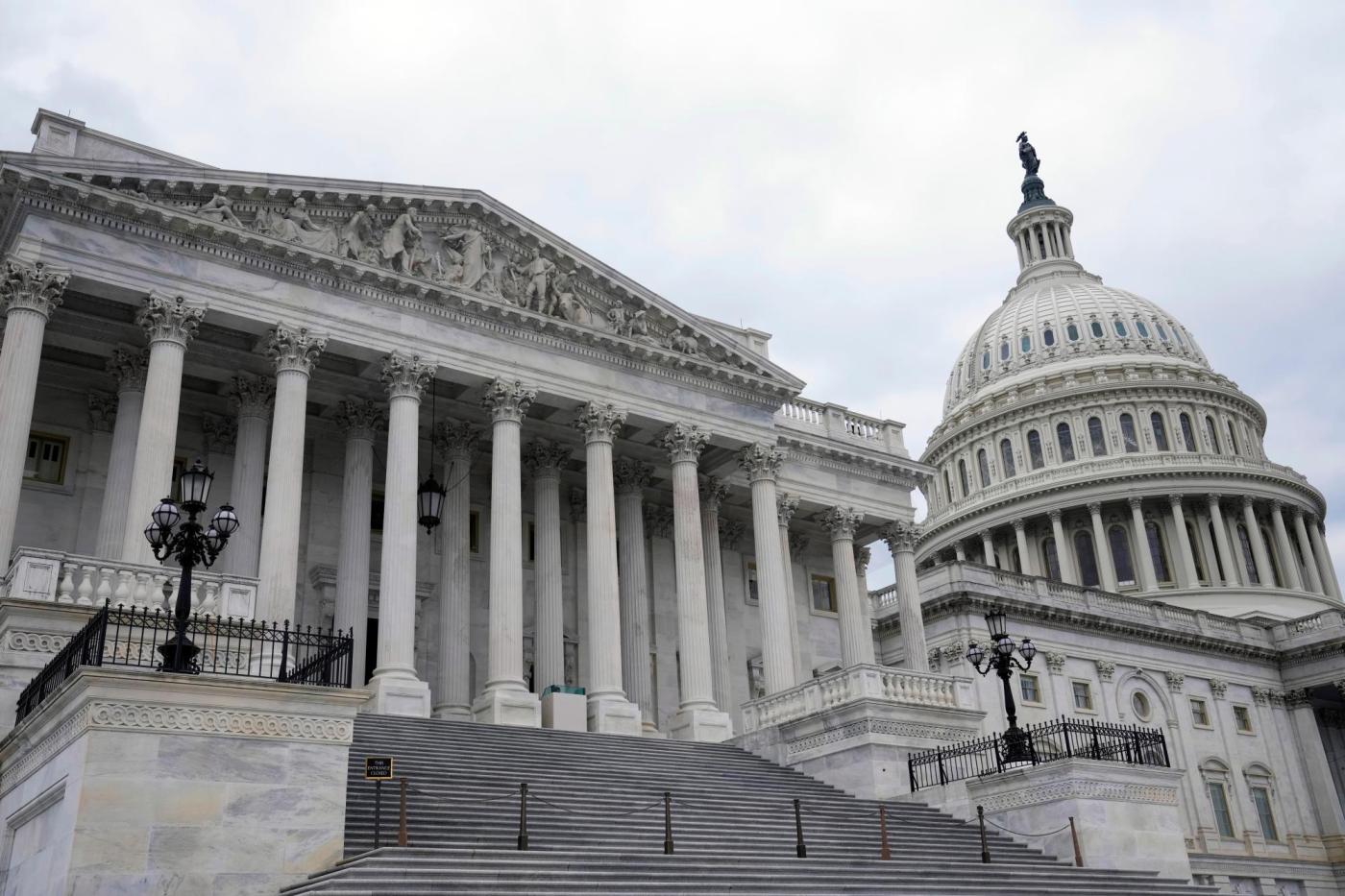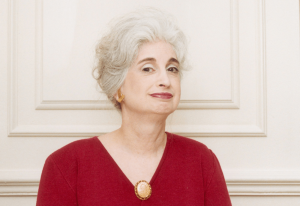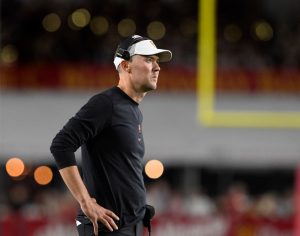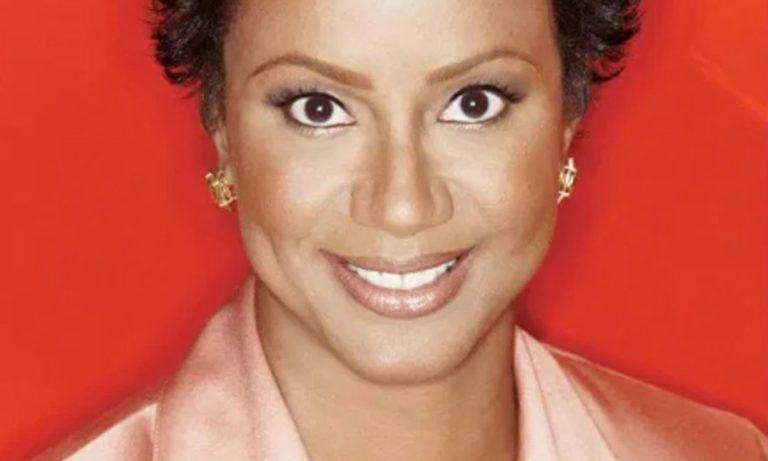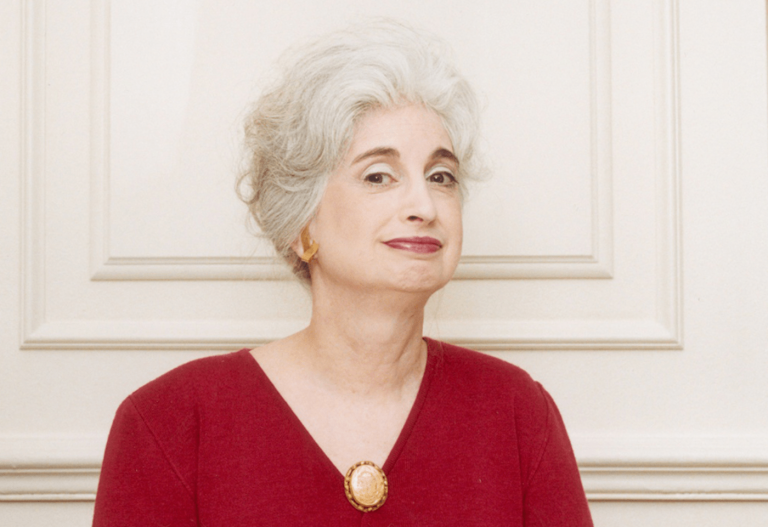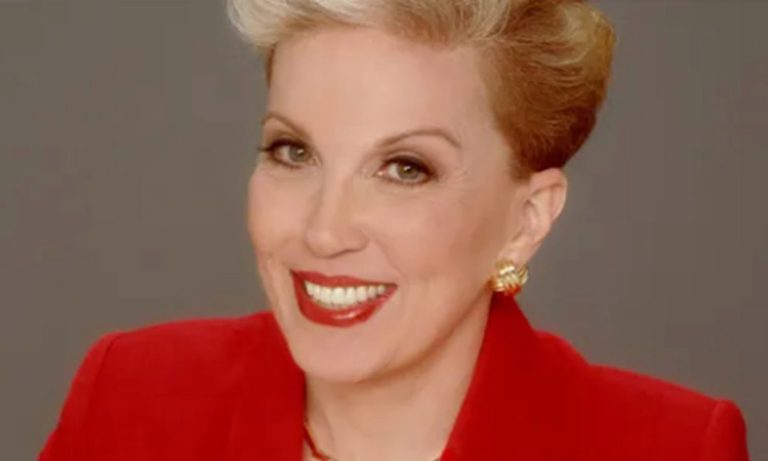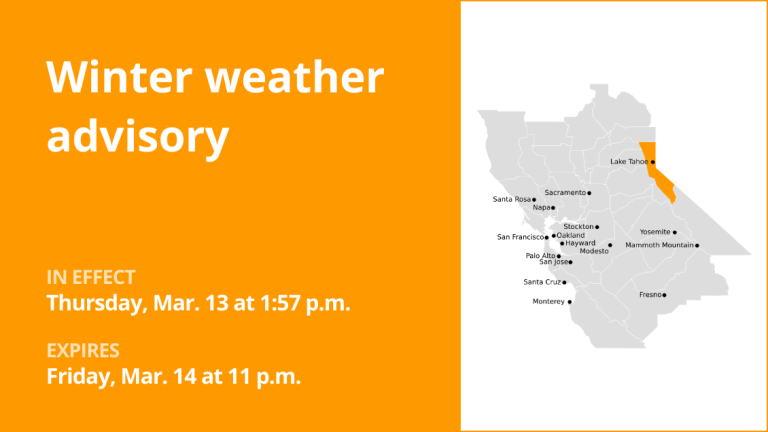A House Judiciary subcommittee met Thursday to discuss fires in California and whether the state’s forest and land management practices — or other policies — have resulted in wildfires that could have been prevented or better contained over the years.
The Feb. 6 hearing from the House Judiciary Subcommittee on the Administrative State, Regulatory Reform and Antitrust came amid ongoing debate about whether federal disaster aid following last month’s devastating wildfires in Los Angeles County should come with conditions. President Donald Trump and some Republican leaders in Congress have floated the idea of tying aid to mandated changes to the state’s land management practices, water policies or voter ID laws.
Related Articles
Body cam video from Eaton fire shows police officers’ ‘Herculean effort’ to save residents
How the largest wildfire-fuel management project in the Bay Area is working to prevent disaster
Attorney for arsonist of 2006 California wildfire, which killed 5 firefighters in 2006: He’s not the ‘actual killer’
Gov. Newsom tells forestry board to speed up rules for ’ember-free zones’
Utility says its equipment may have started a small blaze that erupted during January’s LA firestorm
The hearing was highly partisan, with Republicans alleging “staggering failures” by California’s Democratic leaders while Democrats chastised their GOP counterparts, alleging they were using Californians who are victims of the wildfires as political pawns.
GOP committee members and some of the witnesses called to testify were critical of policies in California, in some cases suggesting that leaders in the deep-blue state have catered to environmentalists at the expense of commonsense regulations that they say would keep the public safe.
Democrats, in turn, reminded Republicans that lawmakers previously approved aid for red states after other natural disasters without any conditions attached and stressed that the priority now should be on getting aid to fire victims in Southern California.
Rep. Scott Fitzgerald, a Wisconsin Republican who chairs the committee, kicked off the hearing by saying that the combination of lots of forest and shrubland, a dry climate and strong coastal winds increase the risk of fires in California.
“Given the heightened threat environment, one would think California would prioritize mitigation efforts to reduce the number and the strength of fires,” he said. “Unfortunately, California leaders have insisted and instead prioritized often counterproductive goals — like planting trees, installing electric vehicle charging stations — over equipping their communities and first responders with the tools they need to protect their citizens and livelihoods.”
Democrats pushed back.
Rep. Ted Lieu, who represents an LA. County district where some residents were forced to evacuate during last month’s wildfires, said firefighters told him the fires spread quickly because of Santa Ana winds that at times clocked in at 100 miles per hour, so strong that firefighting helicopters were grounded.
Those gusty winds, coupled with low humidity and some of the driest conditions in state history, contributed to the magnitude of the fires, Lieu said.
Referencing some policy areas which California leaders have been criticized for, Lieu said, “None of the firefighters said it was about overregulation or homeless people or the Delta smelt fish or the timber harvest or voter ID laws. So shame on anyone who is exploiting the pain and suffering of disaster victims to jam through partisan ideological policies.”
Steve Hilton, considered a potential California gubernatorial candidate in 2026 and the founder of Golden Together, an organization that advocates for “common sense solutions” in the state, according to its website, was one of four witnesses who provided testimony during Thursday’s hearing.
Hilton, a former Fox News television host who once served as a policy and strategy advisor to former UK Prime Minister David Cameron, said regulations set by the state’s leaders “put Californians in danger.” He challenged the notion that the wildfires constituted a natural disaster.
“This was a manmade disaster, more precisely, a Democrat-made disaster,” said Hilton, who called the impacts of the fires “the direct result of Democrat policies.”
Wildfires like the ones that occurred last month in Southern California are “the direct result of overregulation,” he added.
California Rep. Kevin Kiley, a Republican from Rocklin, spoke of “titanic policy blunders” by California’s political leaders.
“Today’s hearing can be a moment where we turn the tide and restore some sanity to California fire and water policies while issuing a warning to the rest of the country about the devastating consequences of these failed policies,” he said.
Rep. Sydney Kamlager-Dove, D-Los Angeles, meanwhile, took issue with the focus of the hearing.
“Instead of blaming California for overregulation, we should be talking about ways to help the thousands of people who lost their lives in these fires,” she said.
Two other Democrats from L.A. County — Reps. Judy Chu and Brad Sherman, who represent communities hit hardest by the Eaton and Palisades fires — issued a joint statement Thursday accusing Rep. Jim Jordan, who chairs the overall House Judiciary Committee, of “refusing” to allow them to provide testimony.
“This proves that the real goal of the hearing is to denigrate the fire victims and the state in which they reside, for the purpose of shortchanging the fire victims when it comes to federal aid and abandoning them in their time of need,” Chu and Sherman said. “The victims need help now to recover from the costliest fire in American history, and they do not have time for political games.”
Russell Dye, a spokesperson for the committee, said in an email that the committee has a longstanding agreement that only committee members can participate and ask questions during the hearings. Neither Chu nor Sherman are members of the Judiciary Committee.
However, Dye noted that four Democrats who are members of the Judiciary Committee but don’t serve on the subcommittee that met Thursday were permitted to participate in the hearing, including Lieu. In addition, he noted that the subcommittee accepted written testimony from Chu and Sherman.
Chu’s office later said that Johnson has allowed other Republican House members to testify before the Judiciary Committee, or one of its subcommittees, in the past.
